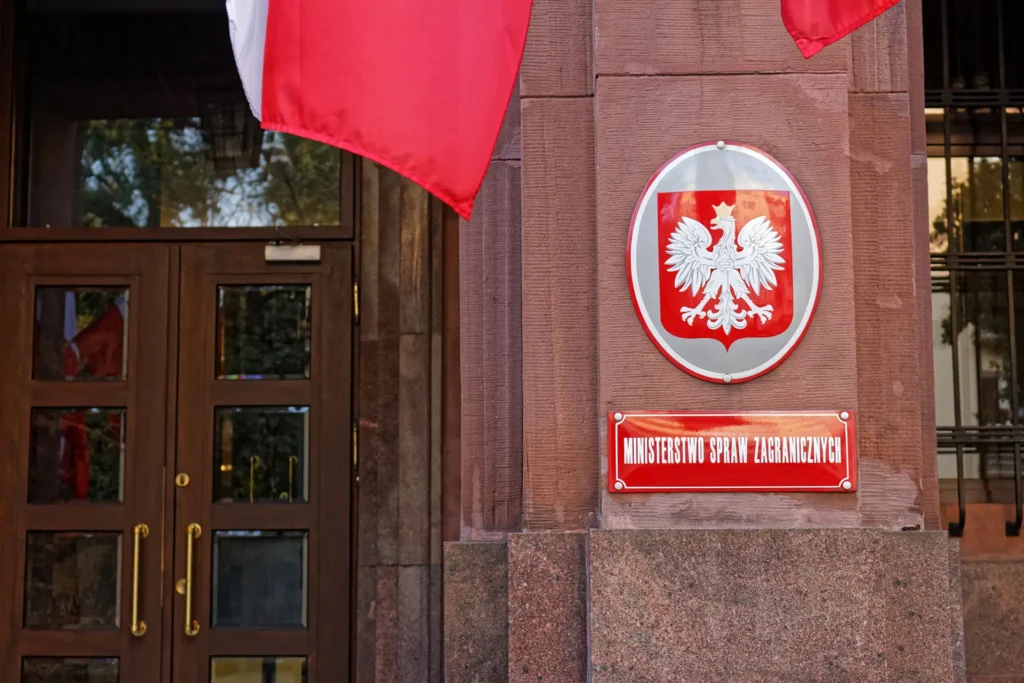“When a measure becomes a target, it ceases to be a good measure.” – This is the essence of Goodhart’s Law, a well-known economic principle that perfectly applies to the new proposal by Poland’s Ministry of Science and Higher Education. The idea of capping foreign students at 50% of a university’s student body is a textbook example of how a well-intended metric can lead to unintended and counterproductive consequences.
The Ministry’s primary concern – preventing visa fraud and ensuring academic integrity – is legitimate. https://lnkd.in/gqXAX2kT . However, rather than addressing the root cause, the government is imposing an arbitrary cap that will likely create more problems than it solves. Instead of filtering out bad actors, it punishes institutions that have built globally competitive programs and attracts top-tier talent from abroad.
The Real Issue: Visa Misuse, Not Student Diversity
Let’s be clear: If the goal is to eliminate fraudulent recruitment practices, then visa oversight and institutional accountability should be the focus. Setting an enrollment limit on foreign students does not directly combat visa fraud – it merely creates an artificial constraint on universities, reducing their ability to attract international talent, research collaborations, and funding.
Unintended Consequences of the 50% Cap
1️⃣ Weakened Global Reputation – Top universities thrive on international diversity. A cap could harm Poland’s competitiveness in global education rankings.
2️⃣ Reduced Funding for Universities – Many universities rely on international tuition fees to sustain research and innovation. A cap could financially weaken institutions.
3️⃣ Talent Drain & Brain Gain Reversal – Instead of attracting top students, Poland may lose them to neighboring countries with more open policies.
4️⃣ Short-Term Fix, Long-Term Harm – Fraudulent actors will find loopholes, while genuine academic institutions suffer under rigid bureaucratic constraints.
A Better Approach: Targeted Reforms
✅ Strengthen visa verification processes through AI-driven monitoring, fraud detection, and cross-border academic validation.
✅ Collaborate with universities to create transparent recruitment standards, rather than imposing blanket restrictions.
✅ Enhance academic oversight by addressing “paper mills” and unethical publishing through strict peer review and faculty accountability.
✅ Promote international partnerships that allow Poland’s best universities to continue attracting the brightest minds worldwide.
A healthy education system does not thrive on arbitrary quotas, but on academic excellence, diversity, and fair regulation. Let’s not fall into the Goodhart’s Law trap – fix the visa system, not the student body composition.
tive actions, should not be treated as a “scandal”, but rather as a development challenge for the Polish higher education system. Only through a comprehensive approach, taking into account both student needs and safety requirements, can Poland effectively develop as an attractive place to study for young people from all over the world.



